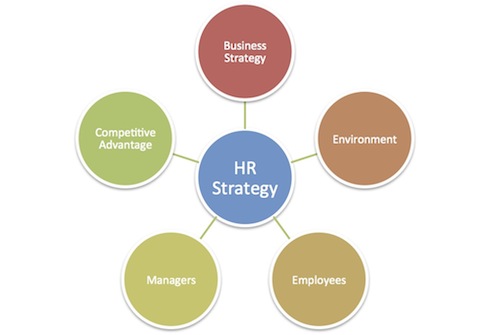Competition among business in domestic area is fierce enough that make every company need to create strong strategy to survive. As the market becomes more global, the competition becomes fiercer when competitors from abroad take some places in the nation. Excellent strategy is required to stand strong on your business field. It would be better if you can spread your wings and take place in global market. To expand operation overseas are now become the goal of many companies.
HR Strategy is important part in company’s strategy to achieve company’s objectives. It is impossible to work on big company alone and more impossible to expand overseas if you do not have staffs to help you. More important, you need to have trustable, reliable, and powerful staffs to work with you and lead the company to the top. All that would be possible if you have a strong and effective HR strategy.


